He is not only famous as a romantic poet, but also a journalist and cultural figure who had great influence in shaping the artistic style and literary thought of the early 20th century.
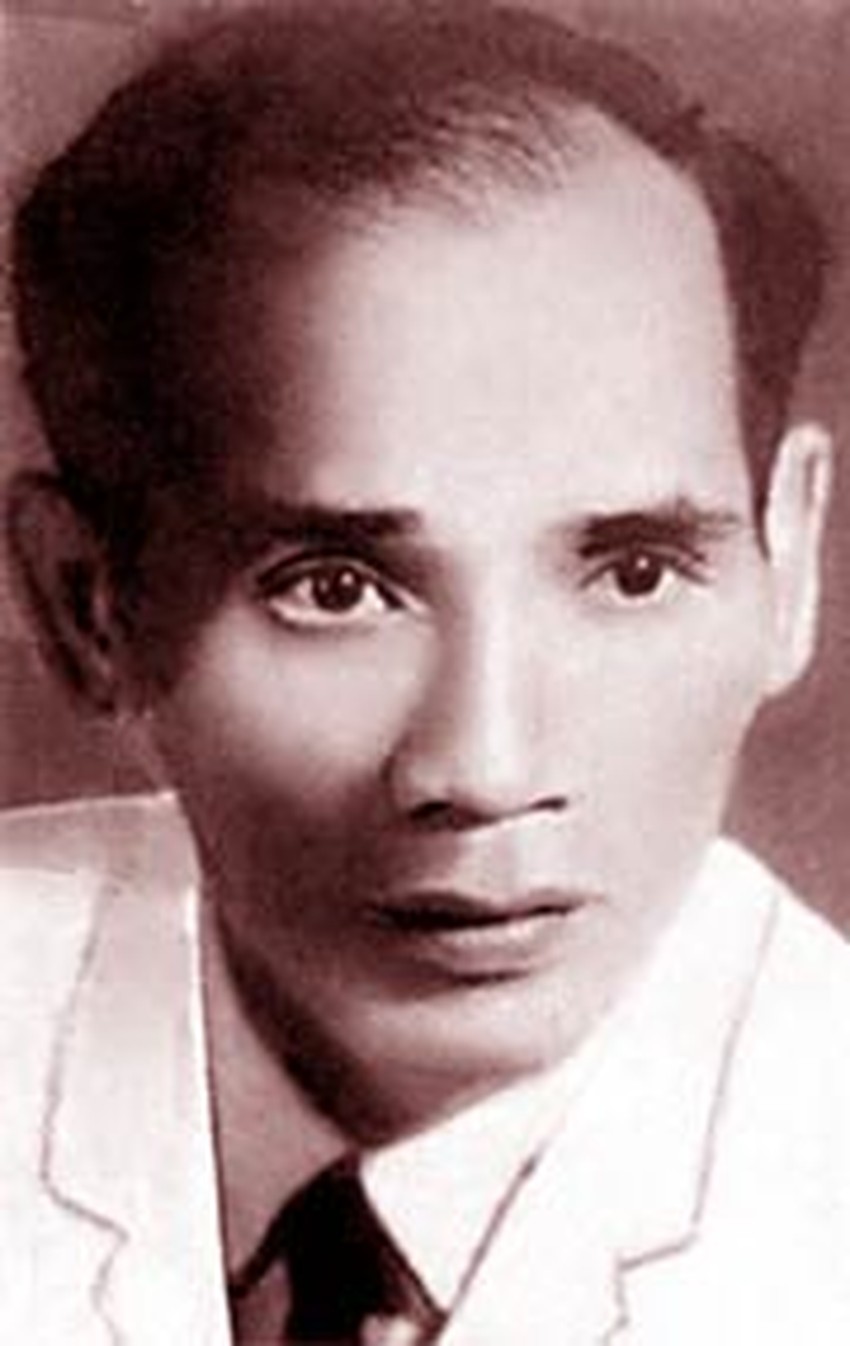
Poet Luu Trong Lu
photo: document
Poet Luu Trong Lu was once in charge of Tao Dan magazine. He participated in the debate between the two factions of Art for Life and Art for Art's Sake that was famous in the press in the 1930s. He also debated about Truyen Kieu with Huynh Thuc Khang, a famous scholar of that time.
I was given the Selected Works of Luu Trong Lu, which include many short stories and novels, by one of his nephews, and I realized that his prose legacy is a treasure worth cherishing.
Luu Trong Lu was one of the first to pave the way for the New Poetry movement, with the poem Autumn Voice (1939) considered an artistic manifesto for modern romantic poetry. He brought personal emotions, lyrical "I", and melancholy nature into his poetry, breaking the strict rules of Tang poetry and contributing to innovation in the content and form of poetry.
Luu Trong Lu once collaborated with Tu Luc Van Doan and was a prominent writer for Phong Hoa , a newspaper famous for exploring modern culture, criticizing feudal etiquette, and promoting artistic personality.
One of his typical articles at that time was "Literature needs a soul" , published in Phong Hoa issue 109 (1934), which criticized the stereotypes and artificiality in contemporary literature, calling on writers to "live true to their emotions, to have a soul that knows how to love, how to hurt, how to be sad".
In the field of journalism, he was an influential journalist from 1930 to 1945. Luu Trong Lu was the editor-in-chief of newspapers such as Tieu Thuyet Thu Bay, Phong Hoa, Ngay Nay , which gathered many big names such as Nhat Linh, Khai Hung, The Lu and many other writers and journalists. He participated in editing and writing many essays and literary criticisms, contributing to enhancing the role of cultural journalism in the pre-war period. He used journalism to spread new artistic ideas, persistently defending the right to express personal emotions in literature, affirming the role of beauty and free creativity in articles and speeches.
Luu Trong Lu's journalistic style stands out with a gentle yet sharp argumentative tone, not sloganeering, but using soft arguments to arouse awareness, bringing new artistic ideas into journalism, valuing the artist's ego, taking the individual soul as the center of literary creation. He has a writing style rich in images and emotions, concise language, often lightly satirical, different from the usual dry journalistic writing style.
Luu Trong Lu raised social, current, and artistic issues in the stream of modern thought, using journalism as a form of expanding poetic voice with a close but intellectual writing style.
After the Revolution, he continued to contribute to major press forums, writing articles promoting patriotism and resistance, and at the same time had many literary criticisms expressing artistic thinking closely linked to national development. Whether in the pre-war or resistance period, he still maintained a lyrical and distinctive writing style, maintained his personal identity in all periods and brought beauty and human emotions into both poetry and journalism.
It can be said that Luu Trong Lu is the bridge between poetry and prose. If Thach Lam is considered a "poetic storyteller", then Luu Trong Lu is a poet in short stories. His prose is a quiet stream, imbued with deep sadness but full of humanity, contributing to enrich the appearance of modern Vietnamese literature in the period 1930 - 1945.
His greatest legacy in prose is to revive a spiritual age where people face themselves, love, and society with both the heart of a poet and the mind of a lonely intellectual.
Luu Trong Lu's representative prose work is the short story The Mountain Man . The story is about a hermit living in the mountains, who has experienced the pain of love and decided to give up urban life. Through the interlocutor's story, we discover the main character's past full of loss, loneliness and choice to "escape the world". With existential reflection, the story raises big questions about the meaning of life, love, and human loneliness in the midst of a crazy material world . The story is rich in poetry in prose with the way of describing the mountain scenery and the character's moods, all tinged with sadness, vague as autumn mist, which is a specialty of Luu Trong Lu's writing style. This is a work with a melancholy style, philosophy of life, laying the foundation for the "isolated" character type in urban literature in the early 20th century.
Poet Luu Trong Lu was born in 1911 (Tan Hoi) in Ha Trach commune, Bo Trach district, Quang Binh ; died in 1991.
He was a founding member of the Vietnam Writers Association in 1957 and a member of the Communist Party of Vietnam. He was awarded the Ho Chi Minh Prize for Literature and Arts, second term, in 2000.
Source: https://thanhnien.vn/luu-trong-lu-nang-chat-tho-trong-van-xuoi-bao-chi-185250623233215235.htm


![[Photo] The 1st Congress of Phu Tho Provincial Party Committee, term 2025-2030](https://vphoto.vietnam.vn/thumb/1200x675/vietnam/resource/IMAGE/2025/9/30/1507da06216649bba8a1ce6251816820)
![[Photo] President Luong Cuong receives President of the Cuban National Assembly Esteban Lazo Hernandez](https://vphoto.vietnam.vn/thumb/1200x675/vietnam/resource/IMAGE/2025/9/30/4d38932911c24f6ea1936252bd5427fa)
![[Photo] Panorama of the cable-stayed bridge, the final bottleneck of the Ben Luc-Long Thanh expressway](https://vphoto.vietnam.vn/thumb/1200x675/vietnam/resource/IMAGE/2025/9/30/391fdf21025541d6b2f092e49a17243f)

![[Photo] General Secretary To Lam, Secretary of the Central Military Commission attends the 12th Party Congress of the Army](https://vphoto.vietnam.vn/thumb/1200x675/vietnam/resource/IMAGE/2025/9/30/9b63aaa37ddb472ead84e3870a8ae825)
![[Photo] Solemn opening of the 12th Military Party Congress for the 2025-2030 term](https://vphoto.vietnam.vn/thumb/1200x675/vietnam/resource/IMAGE/2025/9/30/2cd383b3130d41a1a4b5ace0d5eb989d)


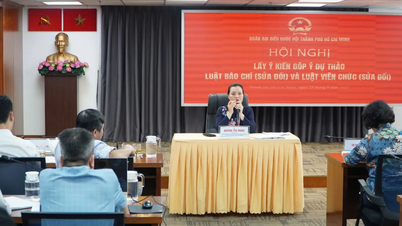

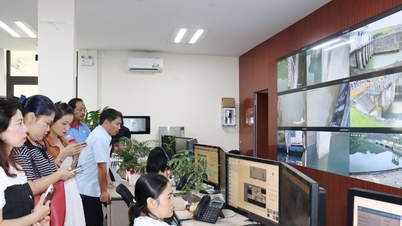

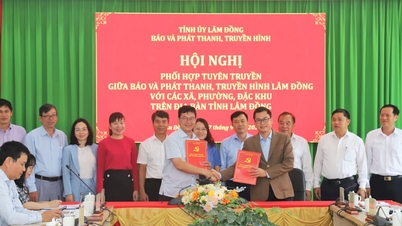




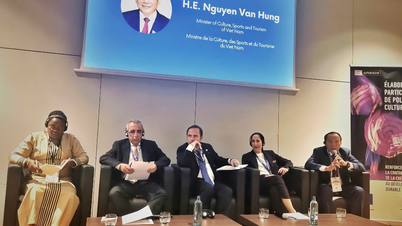

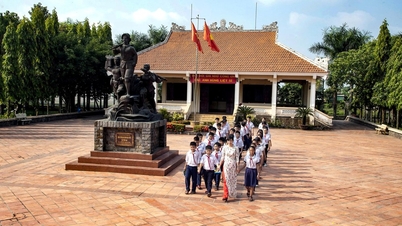



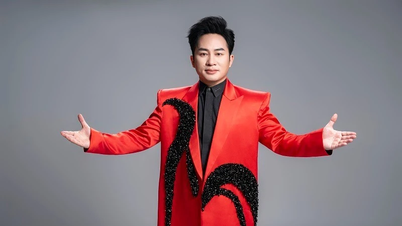

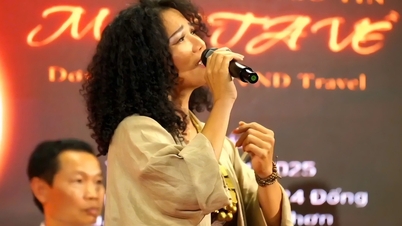









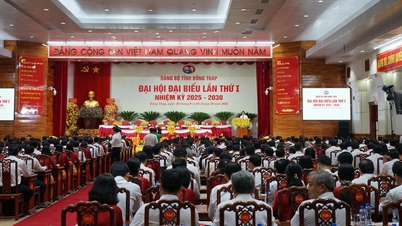














































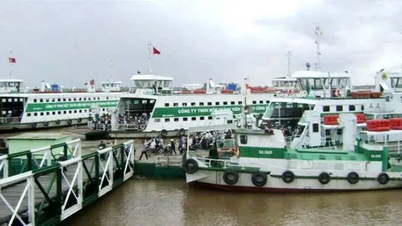














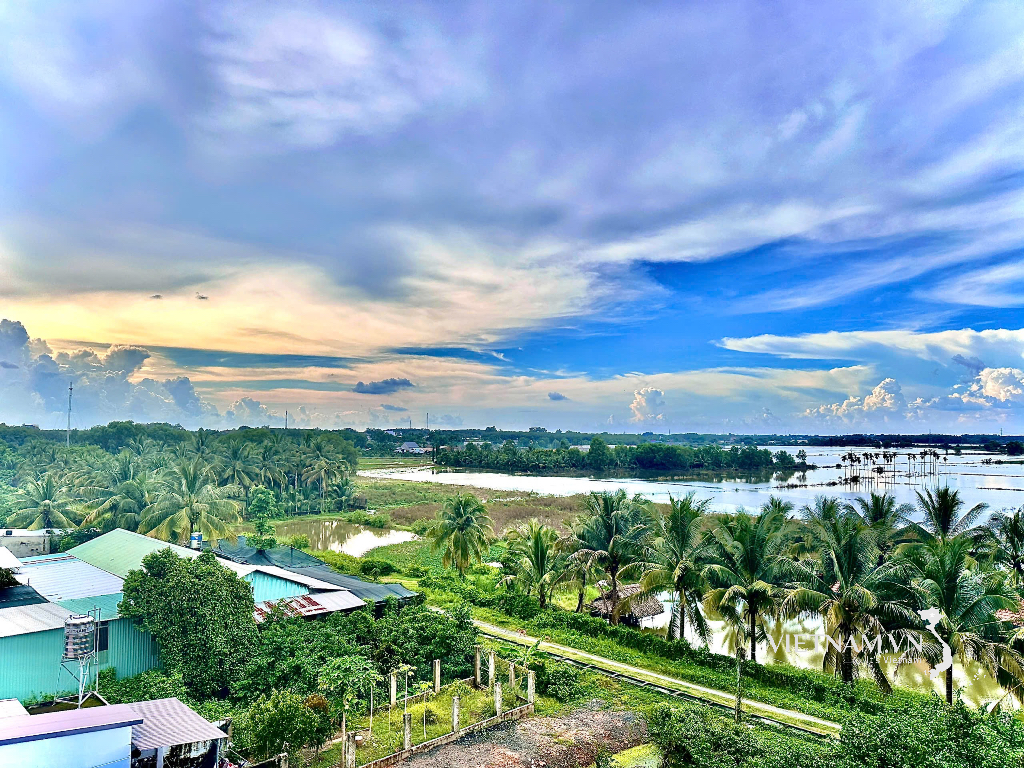



Comment (0)